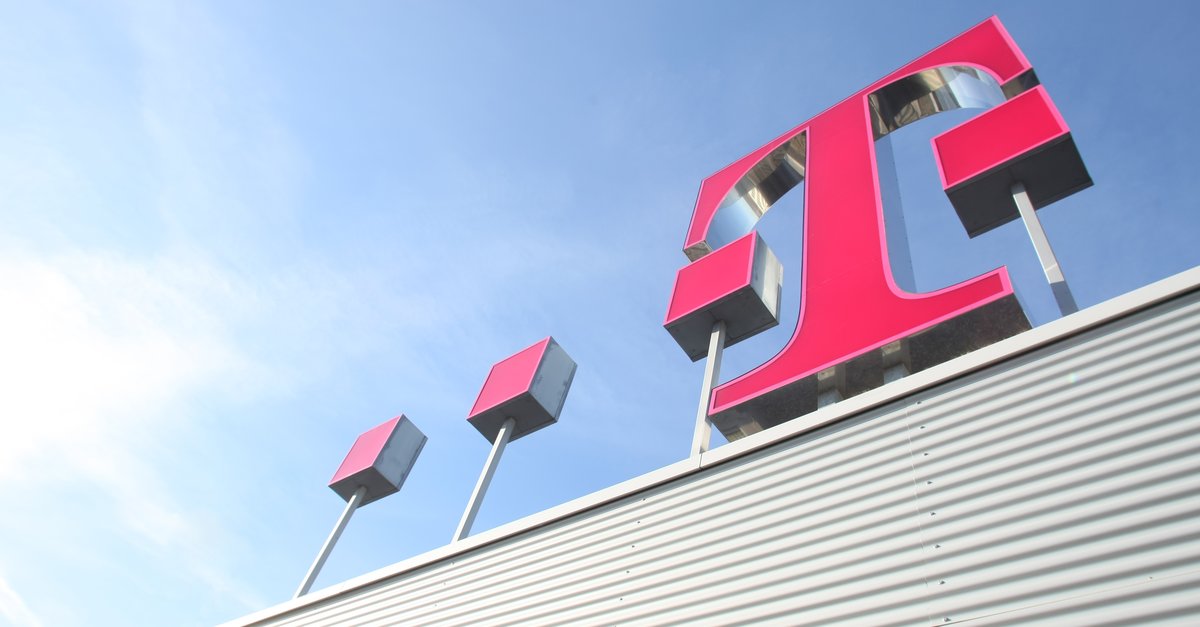The fiber optic expansion cannot go on like this
Fast Internet, for many consumers, but also for providers in particular, that means: fiber optics are needed. When it comes to expanding the fiber optic network, Telekom is currently at the forefront, but at the same time it would make it more difficult to switch to fiber optics, criticize monopoly watchdogs.
The Federal Network Agency casts a very good light on the state and expansion of broadband coverage in Germany. However, there is still room for improvement in the expansion of “real fiber optics” (FTTH / FTTB). The Monopolies Commission sees it above all the role of Telekom is critical. Signing purchase contracts primarily with large wholesale customers such as competitors Vodafone, Telefónica and 1 & 1 hinders the development more than it does any good.
Accusation: Telekom excludes local providers for fiber optics
This emerges from the current sector report on telecommunications by the Monopolies Commission. The reasoning: If the big providers join forces, they have small providers hardly have a real chanceto remain competitive in the market with their own fiber optic expansion offerings.
In the opinion of the monopoly guardians, the procedure could hinder the change from the traditional copper network to fiber optics: “The commitment model can do that Slow down the overall migration process at the expense of smaller fiber optic network operators, distorting competition“, Says Professor Jürgen Kühling, Chairman of the Monopolies Commission (source: Monopoly Commission).
Telekom contract partners benefit from this while they are expanding their own network Use existing structures at Telekom to be able to. If, on the other hand, access to fiber optics is denied on the last mile, alternative providers can hardly win over customers. Your incentive to contribute to the expansion of the network would be lost due to a lack of demand.
Does Telekom harm consumers?
But why is this potentially a problem for end customers? The Monopoly Commission sees the risk that Telekom will transfer its dominant position in this way when switching from copper cables to the fiber optic network. The former state-owned company could, for example, act as a quasi-monopoly have a significant influence on prices. It shouldn’t come to that.
Whether fiber optics, DSL or cable, for good internet you should pay attention to your WiFi network:
At the latest when there were hardly any cheaper alternatives for consumers or only little innovation competition, the disadvantages would be obvious. The Monopolies Commission therefore calls for the long-term To examine access contracts for their competitive effect. Regulations on non-discriminatory network access, as proposed by the Federal Network Agency, could help solve the problem.




